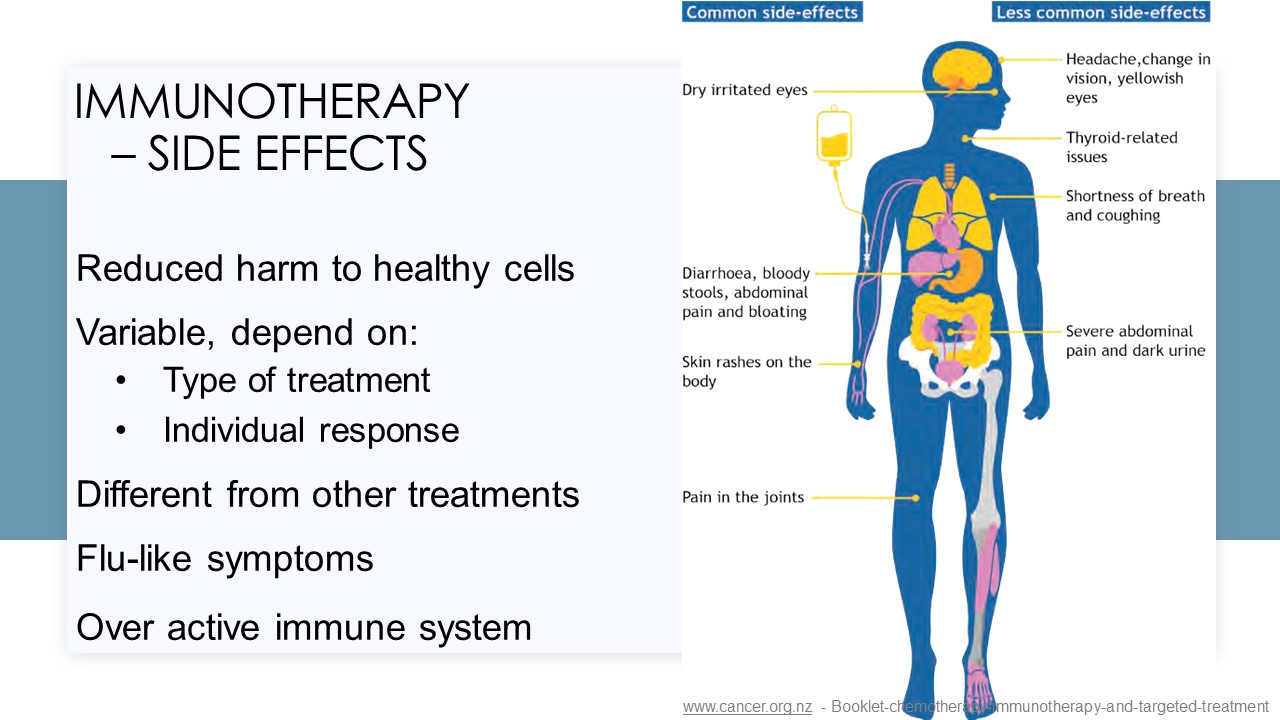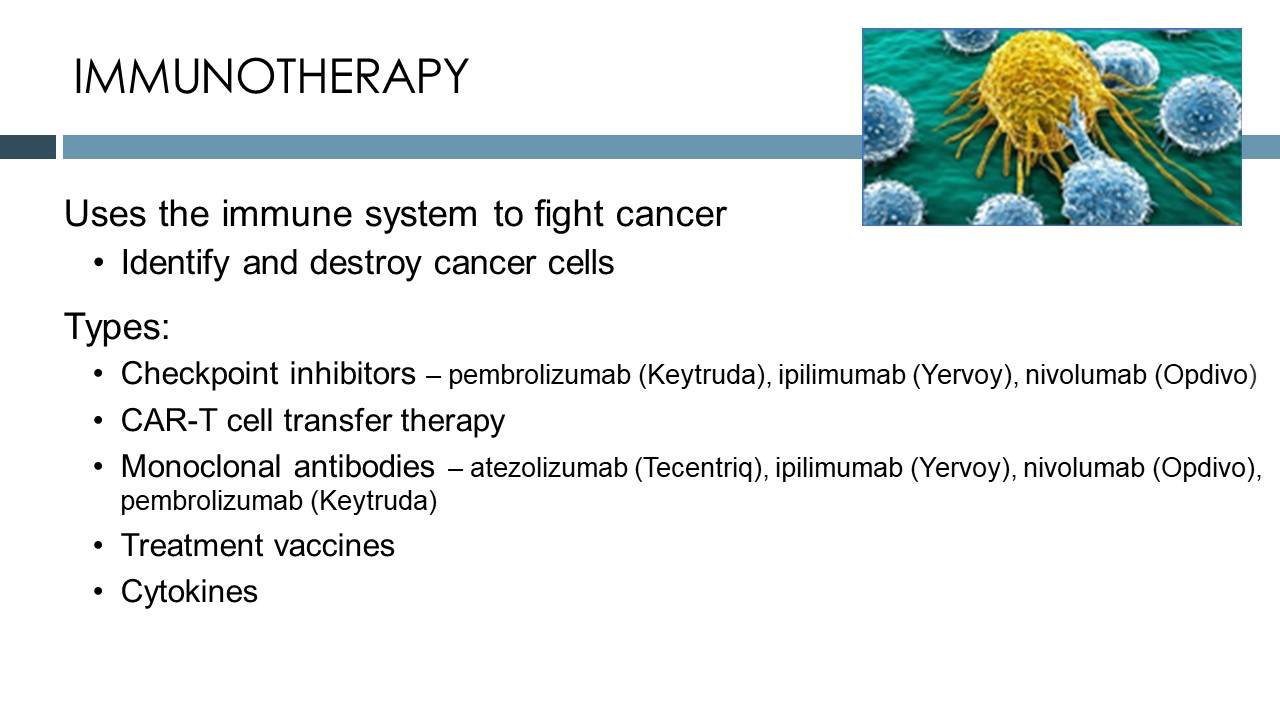Systemic cancer therapies by Nicola Brown, Advanced Oncology Dietitian
 Anthea Talliopoulos, APD
Anthea Talliopoulos, APD
Systemic cancer therapies are a rapidly evolving area, with an increasing number of treatment options being available for patients. Systemic cancer treatments include chemotherapy, hormonal, targeted and immunotherapy and are treatments which travel through the bloodstream, reaching and effecting cells all over the body. These treatments can be adminstered through the forms of tablets which are absorbed into the bloodstream, via intravenous infusion or injection.
While the number of treatment options can become confusing for us as clinicians to navigate and understand in supporting our patients, Advanced Oncology Dietitian Nicola Brown outlines the main treatment options, side effects and impact of these on a nutrition plan, with practical insight through the use of a case study. Malnutrition is a significant consideration, effecting 20-80% of all cancer patients as a result of the effects cancer directly (such as physical obstructions in throat cancers impacting swallowing and cancer aggression) and the side effects of treatments (such as nausea, reduced appetite, xerostomia and mucositis). More specifically, malnutrition effects 30-50% of people with head and neck cancers, 2 in 5 people with upper gastrointestinal cancer, and 1 in 5 people with lung cancer. The impact of malnutrition can be enormous, and is often underdiagnosed in patients with a higher BMI.
When considering a relatively newer area to assist with systemic cancer treatment, Nicola explains the impact of gut microbiota modulation to enhance the antitumour effects of chemotherapy drugs or immunotherapies, as well as potentially reduce the risk of the side effects of treatment.
In treating and preventing malnutrition, as well as supporting the adequate nutritional intake of systemic cancer patients, it is crucial that any treatment side effects are navigated as best as possible, that there is appropriate screening for mlanutrition across all stages of treatment, and that tailored nutritional interventions are provided.
Summary:
- Systemic cancer therapies are treatments which travel through the bloodstream, reaching and effecting cells all over the body and include chemotherapy, hormonal, targeted and immunotherapy.
- Malnutrition is a significant consideration, effecting 20-80% of all cancer patients as a result of the effects cancer directly, as well as the side effects of treatments (such as nausea, reduced appetite, xerostomia and mucositis).
- In preventing malnutrition during systemic cancer treatment, it is crucial that any side effects treatment are navigated as best as possible, that there is appropriate screening for malnutrition across all stages of treatment, and that tailored nutritional interventions are provided to prevent loss of weight, sarcopenia and malnutrition.
Nicola Brown has 20 years of dietetic experience working in hospitals throughout New Zealand and the UK. Over the past 15 years, she has specialised in oncology, supporting patients’ nutritional needs at Te Pūriri o Te Ora (Auckland Regional Cancer and Blood Services). She has vast experience working with all tumour streams in outpatient and inpatient settings, particularly those with Head and Neck and Upper GI tumours. In 2020 Nicola completed her master’s in health sciences investigating ‘Experiences and Expectations of (mal)nutrition by oncology patients at Auckland City Hospital'.
She also lectures dietetic students at Auckland University and supports student clinical placements in Oncology.
To register for the presentation and associated documents including the assessment quiz click here

